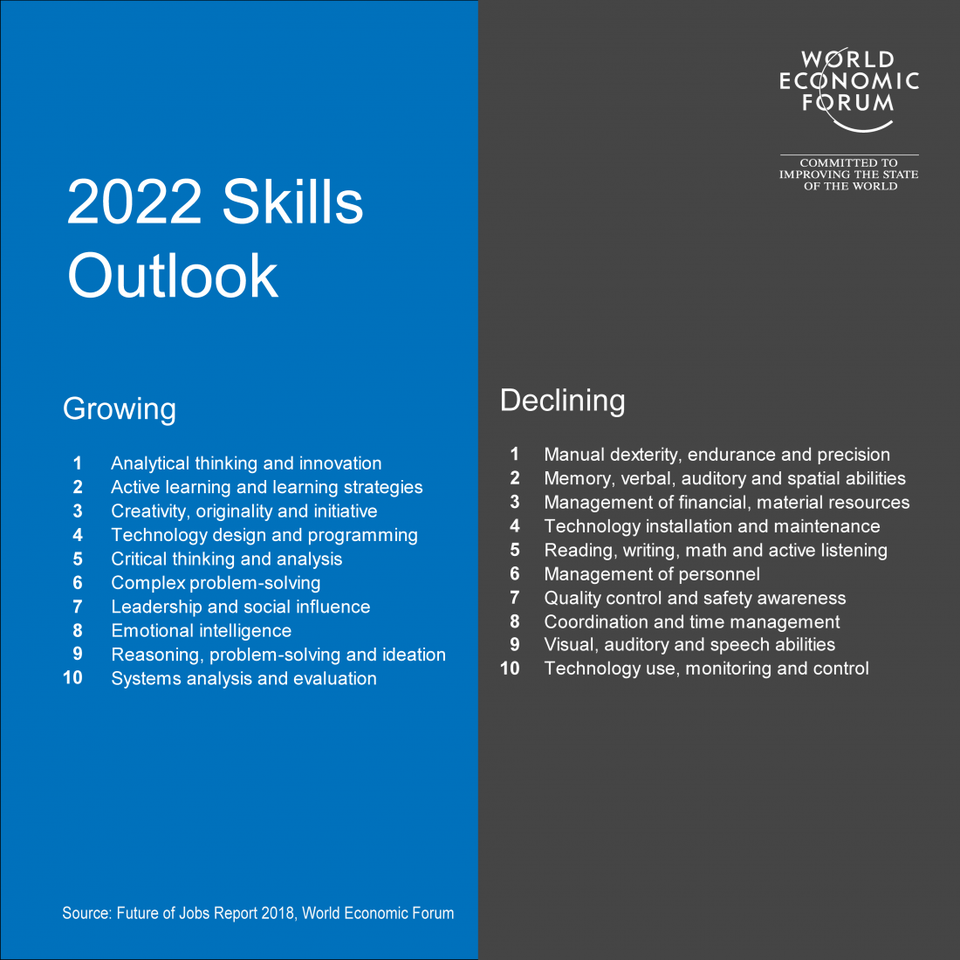
With the rise of artificial intelligence (AI), jobs that exist today may no longer be available in the near future. I spoke with Gartner’s research director, Angela McIntyre, this week to discuss the impact of AI in this region. McIntyre: ” Certainly AI could have an impact on jobs,” she acknowledged, adding that such systems could be tapped to perform tedious and routine tasks. However, humans still would be required to answer more complex questions and complete the decision-making process, she said.
Companies must think about the roles that could be affected and offer retraining to enable these employees to handle higher skilled tasks, McIntyre said. She also pointed to overhyped expectations that autonomous vehicles would soon put people on the roads, eliminating the need to learn how to drive or acquire driving licenses. She noted that there still were significant challenges to resolve before that became a reality, adding that the necessary laws needed to catch up and the robustness of the technology must first be established. A Recode report last week revealed that Uber’s self-driving system required human intervention at every mile of the 20,354 miles covered autonomously.
Deep learning and big data could pave the way for new models to be established to help solve business problems, says McIntyre. 66 percent of organizations that had a robust analytics strategy obtained revenue growth of at least 15 percent, according to a global study released by Forbes Insights and Ernst & Young. 47 precent of respondents in the city-state were challenged by the lack of analytics skillsets, a study found. Singapore Infocomm Technology Federation (SITF) revealed that, to plug a shortage of ICT skills, 56 percent of local businesses were looking to upgrade their existing workforce so they could handle more work. Another 49 percent said they would deploy technology to reduce their manpower requirements.
2021auto18
Singapore firms must put stronger focus on reskilling amid rise of AI